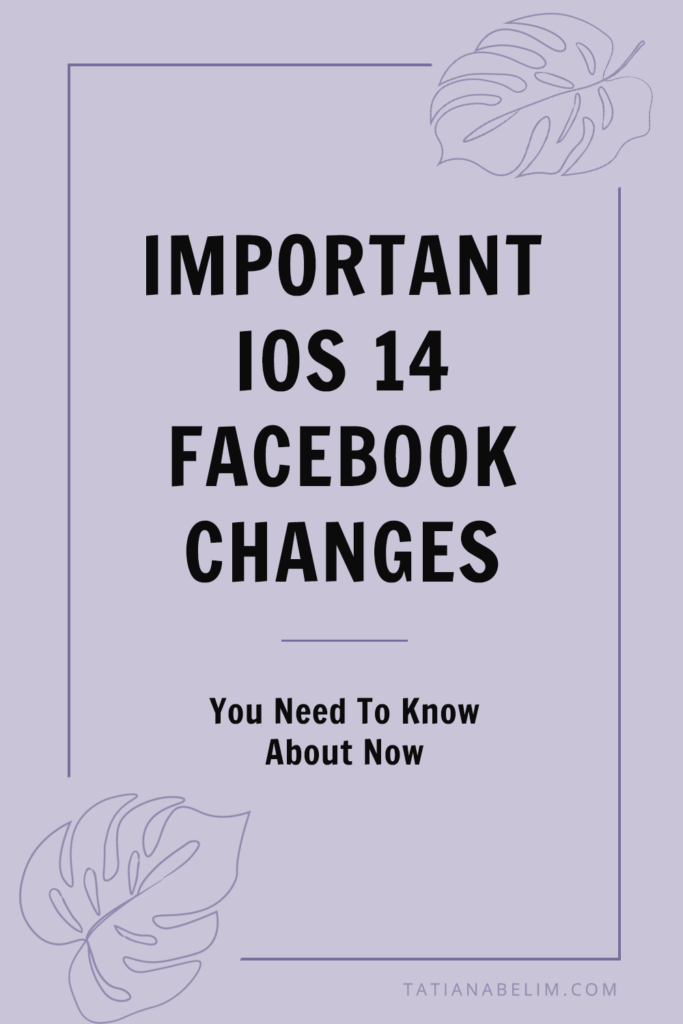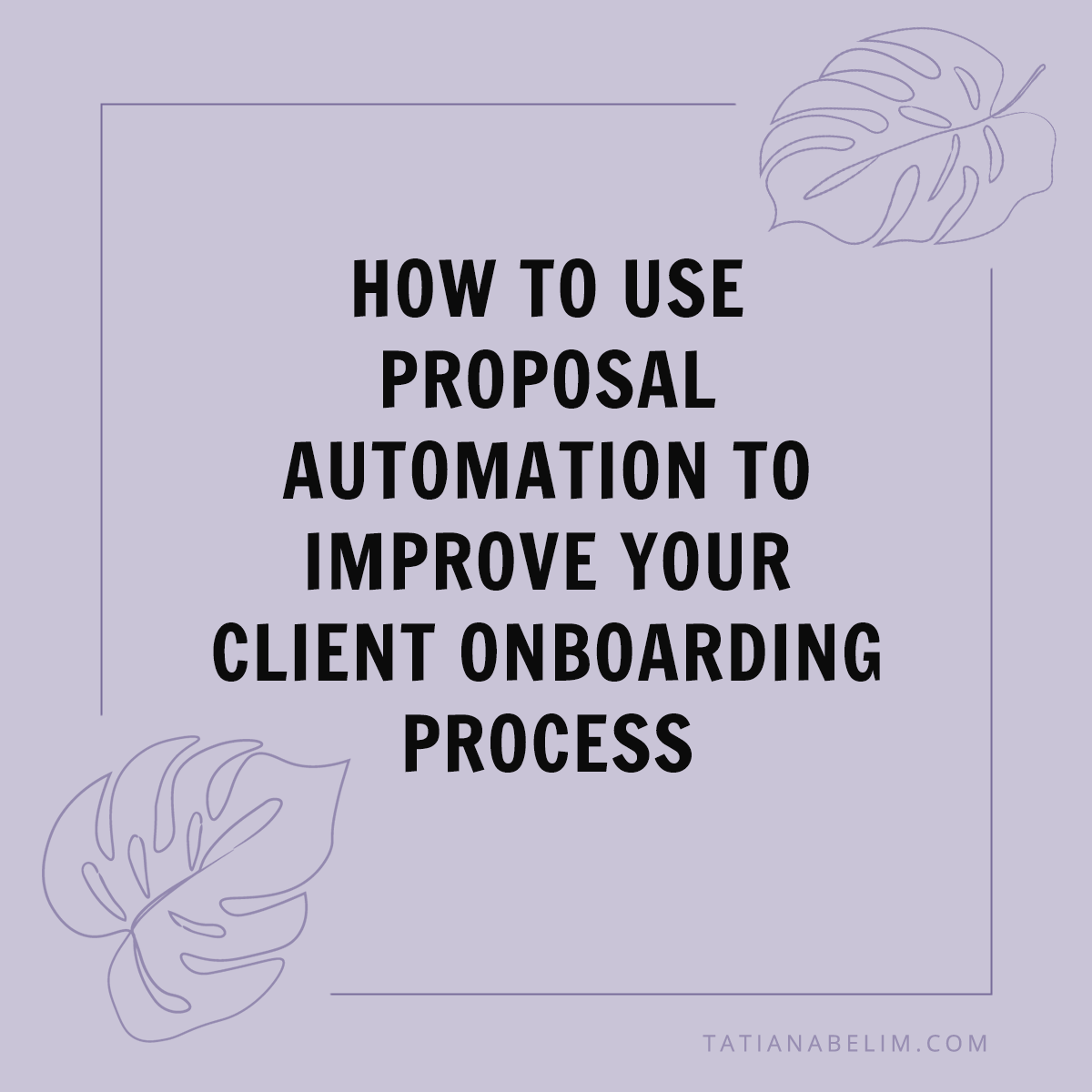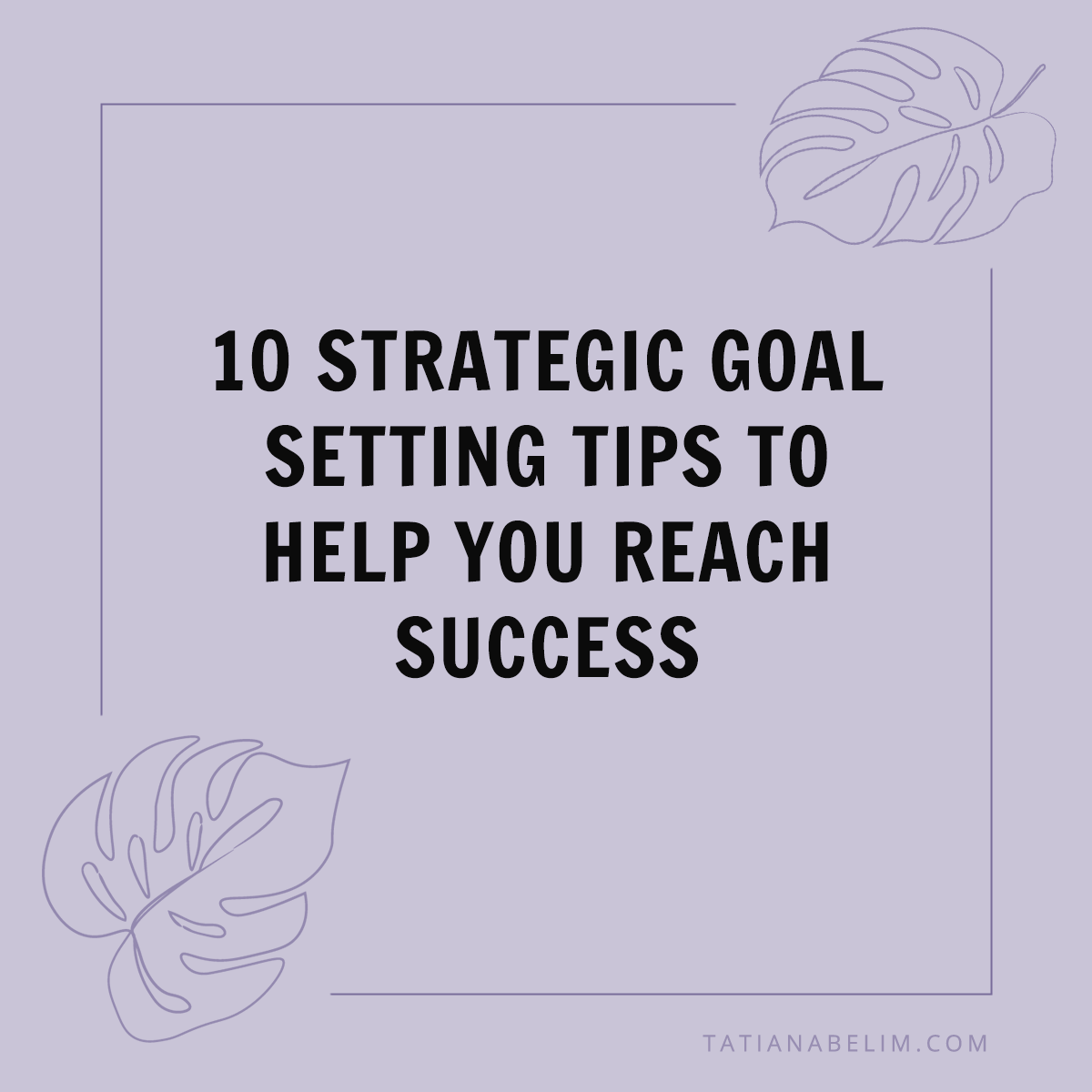When you’re running Facebook Ads, it’s so important to fully understand the value of the Facebook pixel. With this feature, you’re able to test, measure, refine, and target ads more precisely. But with recent iOS 14 Facebook changes, the pixel is going to work a little differently.
It’s essential that you use and understand the Facebook pixel tool. Being aware of recent and upcoming iOS 14 Facebook shifts helps you strategically use your pixel in the right way to still create targeted ads.

What Is The Facebook Pixel? (and How Does It Work?)
Your Facebook pixel is a unique piece of code that you’ll add to your website. This code tracks data like conversions from Facebook ads so that you can create targeted audiences, remarket to people who have already interacted with your website, and optimize your ads for the best performance.
Basically, the pixel places and triggers cookies on your website that track user interaction from Facebook and Instagram to your website. Then, you can start retargeting the users who already interacted with your website in some way.
Whether that’s just browsing, viewing a product, adding to a cart, or even abandoning a checkout….the pixel helps you reconnect with those engaged visitors. All of these actions that the pixel tracks are called “events.”
But the Facebook pixel helps you with so much more than just retargeting.
It also helps you track your metrics, analyze your ad performance, and strategically optimize future ads for better results.
Types Of Events The Facebook Pixel Tracks
We mentioned a few of the events that the Facebook pixel tracks for you, but those only scratch the surface of what it analyzes.
Your Facebook pixel tracks when someone:
- Views a page on your website
- Identifies themselves as a lead
- Enters payment information
- Completes a registration form
- Adds to cart
- Searches on your website
- Contacts your business
- Adds something to a wishlist
- Starts the checkout process
- Donates to a cause you’ve set up
- Selects a specific customization option of a product
- Starts a free trial
- Schedules an appointment
- Searches for your business’s location
- Submits an application
- Subscribes to a product or service
You can even add more details to this list of events by creating parameters (extra pieces of code) to customize the events. With these parameters, you can customize events based on how much a conversion is worth, currency, potential long-term value, and content type.
This means that you can get super specific with what you’re tracking to create targeted audience segments and personalized ads.
Five iOS 14 Facebook Changes You Should Know About
Recently, Apple created a software update called iOS 14. There are multiple changes that accompany this software update, particularly targeted toward protecting user and data privacy.
Even more importantly for advertisers, there are lots of iOS 14 Facebook changes to be aware of.
But don’t panic!
While the Facebook pixel will likely function less for updated Apple mobile devices, many users access Facebook on desktops and still experience Facebook pixel tracking.
It’s going to be super important that you understand iOS 14 Facebook requirements in order to experience results with your ads. There are so many changes to be aware of, like a limit of 8 events and the ability for users to disable data-tracking altogether.
That’s right—Apple users will be given a pop-up prompt where they can choose to allow (or not allow) data tracking on apps and websites. This data includes information like location, email addresses, engagements on your website, and more.
Since your Facebook pixel uses this data for retargeting, tracking conversions, and creating targeted, optimized ads, these iOS 14 Facebook changes are a big deal.
If you’ve been running retargeting ads or conversion-focused ad campaigns….it’s time to hone in on all of the biggest iOS 14 Facebook changes. That way, your strategy can seamlessly shift to reflect those changes without slowing to a halt or not working the way it has been.
Retargeting Will Shift
Most of us use Facebook pixel to build out audiences for retargeting. Unfortunately, with iOS 14, Facebook retargeting isn’t going to be possible for many advertisers.
If an Apple user opts out of data tracking, you won’t be able to track their data and add them to your retargeting audience. This means you should expect to see much smaller retargeting audiences and results.
With these changes, you’re limited in how effectively you’re able to remarket and retarget on both Facebook and Instagram. If that has been a big piece of your ad strategy, it’s time to head back to the drawing board and think about new ways to generate sales.
Domain Verification Will Be Required
This is one of the iOS 14 Facebook changes that is not necessarily detrimental, but just new. You’ll now have to verify every domain you’re hoping to run ads for. You can do this inside of your Facebook Business settings page.
When you verify your domain, you’re letting Facebook know that you’re the one in control of that website or domain. All you have to do is install a couple of lines of code on your website.
This step won’t impact your ad’s performance as long as you are the owner of your website.
You’ll Be Limited In Conversion Events To Track
Unlike domain verification, this change is a big deal.
Before the iOS 14 Facebook updates, you could select unlimited conversion events for your website to track. But now, you’ll be limited to eight conversion events for your website.
While you won’t make any changes to your actual pixel, you will need to select the eight events you want to track. If you’re currently running ads for more events than this, they will essentially pause until you adjust and choose just eight.
Another change here is that events will be prioritized. In Facebook’s reporting, certain events will override others—like Purchases over Add-to-Carts. Now you’ll need to really get strategic in choosing the most important conversion events for your website.
On the bright side, you can actually switch up the eight events you’ve chosen after you set this up.
With iOS 14 Facebook Will Experience Some Technical Shifts
There are going to be a few technical changes that arise with the iOS 14 Facebook updates. Most importantly, you need to know about changes to Value Optimization.
Not many advertisers on Facebook use the Value Optimization tool, but it allows you to target highest-value users with specific ads. If you do use it, you’ll notice that the reporting for this feature can now be found in Events Manager.
In general, you should expect to see changes in event tracking, audience tracking, and how accurate your conversion rates are.
The Way We View User Journeys Will Change
Since you won’t be able to track your visitors through web data, the way you map out user journeys will need to change.
With iOS 14 Facebook updates, several previous attribution windows won’t be supported, such as a 7-day view-through, 28-day click-through, and 28-day view-through. Now, your reporting will default to a simple 7-day click-through rate attribution.
Facebook also has eliminated its native Attribution tool. And the combination of those two factors means it’s much harder to get a clear, full picture of your user journey. Instead, Facebook will rely on statistical models over event breakdowns.
How does this matter for you? If you’ve been concentrating on where in the customer journey your ads are making an impact, you’ll need to use other tools to discover that data.
How To Create iOS 14 Facebook Ads
iOS 14 Facebook changes are a little worrisome. But there are strategies you can take to create ads that work with these changes.
First, you need to know that individualized tracking just won’t be the same as it once was. Then, implement the below strategies for the best ads results.
Make Sure To Be Selective In Choosing Events and Conversions
Since you’ll now only have those eight pixel events, you have to be strategic in choosing which to track and optimize for. What’s the most important to you? What will actually benefit you the most?
Consider the overall value of an event. Events like “view content” are way less valuable than ones like “purchase” or “lead.”
Also, make sure to spend time analyzing the results of your ads to know if you need to make any changes.
Switch Up How You Build Audiences For Campaigns
Many of us relied on the Facebook pixel in order to build those key retargeting audiences for our ads. But now, we have to switch up that strategy.
You can create Custom Audiences by uploading existing customer lists. You’ll also be able to create Lookalike Audiences based on those audiences or your most engaged Facebook fans. Another layer of this is interest-based audiences, which will continue to grow as a prevalent strategy in the future.
Make Sure Your Domains are Verified and Connected Correctly
This is a quick tip, but it’s important. As soon as you finish reading this post, head over to Facebook and make sure your domains are verified and connected correctly!
You need to take this step now in order to even access and run ads.
Change The Way You Report Metrics
With iOS 14, Facebook’s reporting of metrics is changing a lot. Expect to see drops in key metrics like event completions and conversions. Know that your ads are still performing, and you need to change how you interpret those results.
Using Google Analytics will help you get a fuller, more accurate picture of your metrics. Plus, you’ll need to use analytical thinking on your own to connect the dots between what Facebook gives you and what’s actually happening in your business.
The iOS 14 Facebook changes are a lot to think about, but not all of them are a bad thing. And either way, it’s time to get on board and prepare yourself to adjust your strategy based on these changes.
The best thing to do is take one small action at a time toward changing your ads strategy, and recognize that these changes take time.














